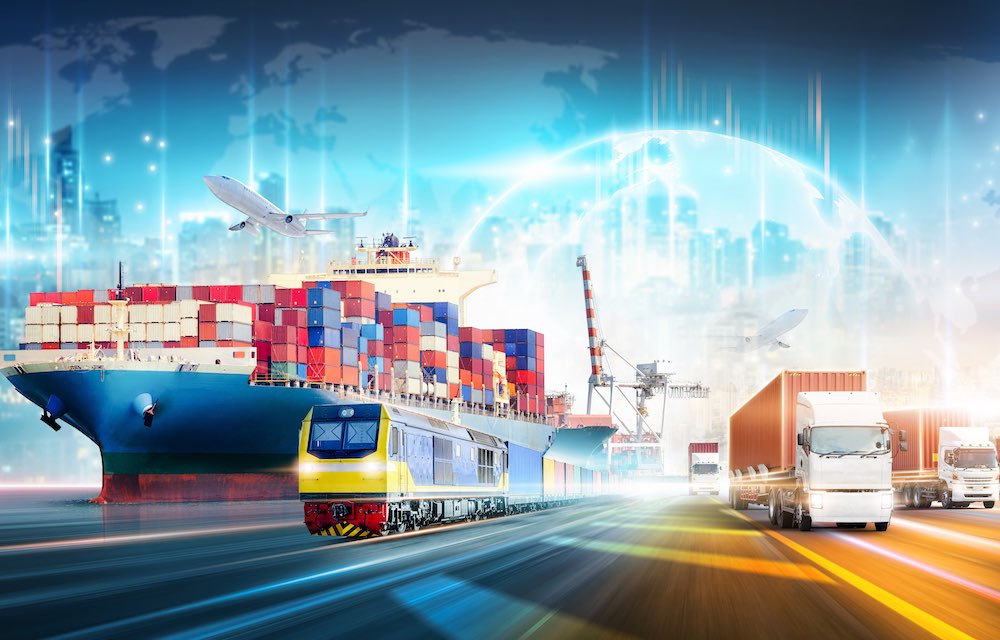 David Jinks Head of Consumer Research, ParcelHero
David Jinks Head of Consumer Research, ParcelHero

Britain’s pioneering Electronic Trade Documents Act was supposed to introduce international paper-free shipping – slashing time and costs by 75%. On paper, it’s a great idea but, until the UK’s main trading partners also go electronic, it will have little impact.
The UK’s pioneering Electronic Trade Documents Act became law on 20 September, but Britain’s international traders have yet to reap the benefits. The Government says scrapping paper documents will add £1.4bn to the UK economy over the next decade. It’s claimed that the act will reduce both administration costs and processing time by up to 75%. However, so far, it has failed to reduce the bill for ‘bills of lading’, cargo insurance certificates and other traditional documentation.
Britain should be proud that it is the first major economy to legalise the conduct of trade using digital documents in place of traditional paperwork. The International Chamber of Commerce says that four billion paper documents move through the global trade system every day. Ripping up paperwork should make trade cheaper, faster, simpler and more sustainable. There will be less chance of sensitive paper documents being lost. Combined with stronger high-tech safeguards, digitalising trade documents should give businesses greater security and peace of mind.
Paper documents that can be replaced by digital versions include:
• bills of exchange
• promissory notes
• bills of lading
• ships' delivery orders
• warehouse receipts
• marine insurance policies
• cargo insurance certificates
There is a big ‘but’, however. In practice, yet again, the UK has attempted to go it alone and finds itself out of step with its trading partners. For example, at its launch, the new act paved the way for shipping containers to be traded using digital documents rather than paper ones. However, that requires all countries involved in the shipment to have legalised paper-free trade.
The new law has, at least, resulted in the introduction of paper-free movement of goods to one country. A large valve recently became the first-ever fully-digitalised international goods shipment. It landed in Singapore from Burnley, Lancs, on 25 September. The companies involved in this historic transfer were Singapore Airlines, NG Transport, Woodland Group, BT Rune and EES Freight Services. The entire process was paperless and facilitated by the UK/Singapore-based tech company LogChain. However, that’s because a pioneering UK-Singapore Digital Economy Agreement was signed by the two countries in 2022.
It's encouraging that paper-free trade has been initiated with Singapore, but there’s a long way to go before the UK’s major export markets, such as the EU and the USA, also see such an agreement.
The Government argues that around 80% of trade documents around the world are based on English law, and the new act will add fuel to the global push towards paperless trade.
However, as Geraldine McBride, CEO of MyWave and former President of SAP North America, discussed in “Fortune” this month: “Without additional steps, the UK’.’s legislative effort won’t eliminate the additional paperwork that Brexit has created for British exporters. Additionally, most businesses around the world are either unprepared or poorly positioned to benefit from this new digital trade paradigm.
The Government is right in saying that the existing laws, dating back to the 1800s, have created a costly, inefficient and outdated way of working. However, a British Government outside of the EU is not in a strong position to persuade other nations to push through digital trading legislation.
Any progress on the elusive US-UK free trade agreement, ideally including electronic documentation, is also still elusive. Only goods valued at under $800 escape US Customs fees. The majority of UK products are still subject to tariffs of 0% to 37.5%, with the typical rate being 5.63%.
For further information on UK-US shipping, including Customs information, help for exports and prohibited items details, click here